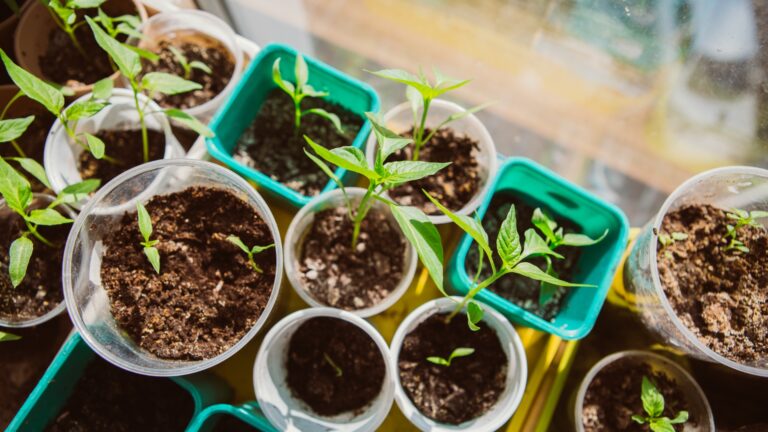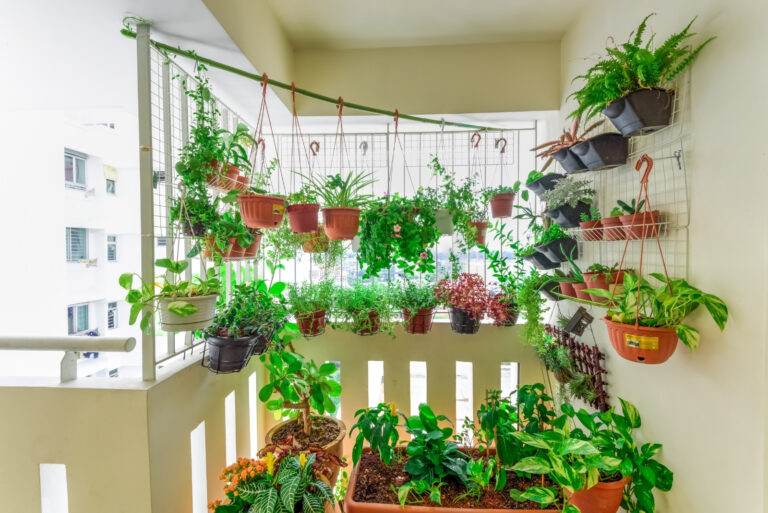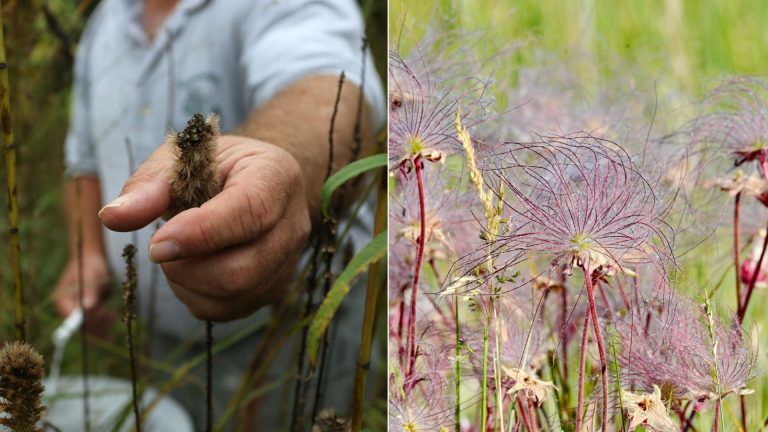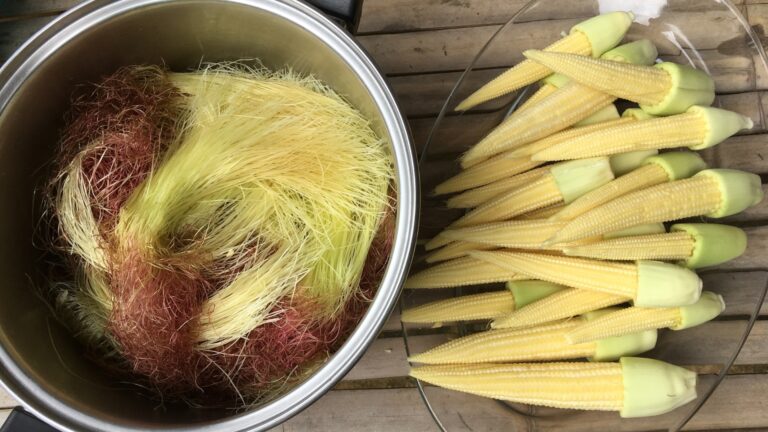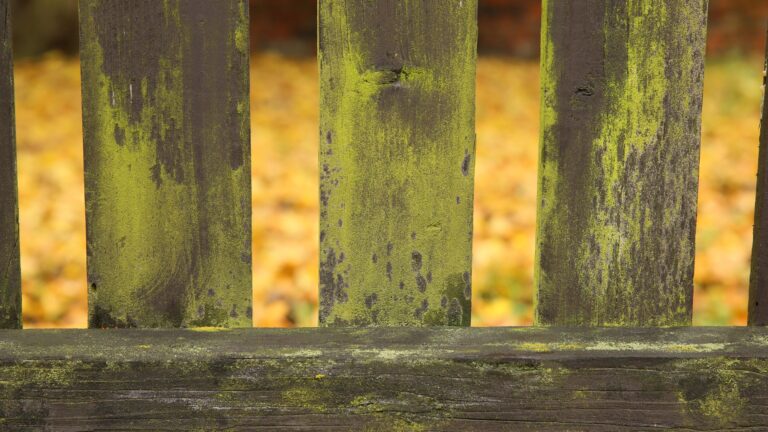Reasons Pittsburgh Gardens Could Benefit From Rain Gardens This Fall
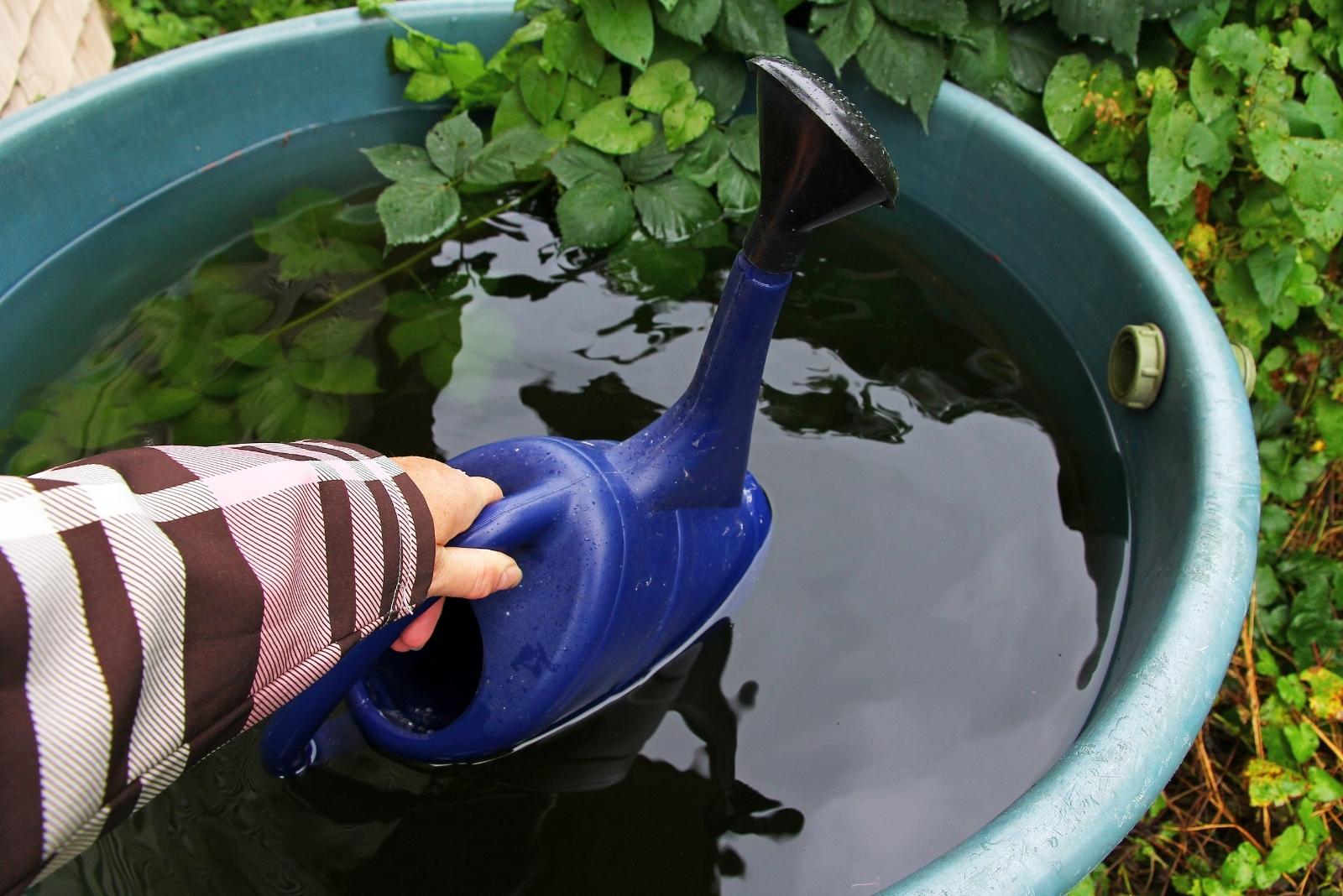
Pittsburgh gardens are ready for a change this fall, and rain gardens might be just what they need. These special spots help soak up extra water, keeping your garden happy and healthy through wet seasons.
They create a natural home for local wildlife, adding life and movement to your outdoor space. Plus, rain gardens can bring a fresh, green look that brightens up any yard.
This season, think about how adding a rain garden could make your garden work better and look great too.
1. Flood Prevention
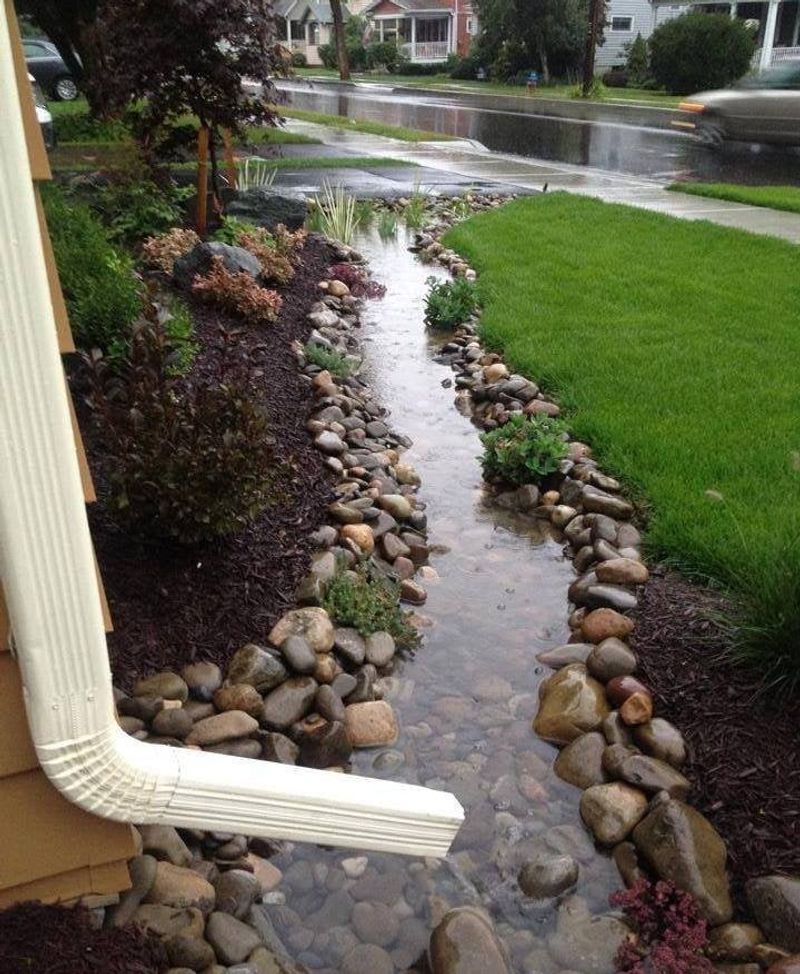
Heavy autumn downpours in Pittsburgh can quickly overwhelm traditional drainage systems. Rain gardens absorb excess water that would otherwise flood your yard or basement.
Many Pennsylvania homeowners discover that strategically placed rain gardens can reduce standing water by up to 30% during those notorious October storms.
2. Erosion Control
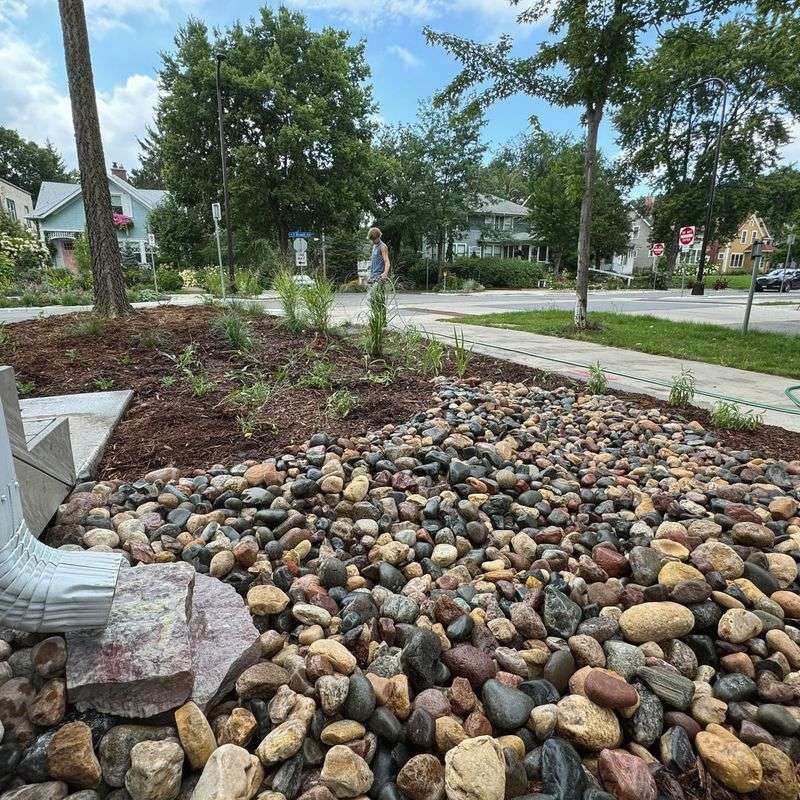
Sloped yards throughout Pittsburgh’s hilly neighborhoods suffer from soil washing away during fall rains. Native plants in rain gardens develop deep root systems that firmly hold soil in place.
Around the Steel City, erosion can strip away inches of valuable topsoil annually, but a properly designed rain garden creates a natural barrier against this destructive process.
3. Pollinator Haven
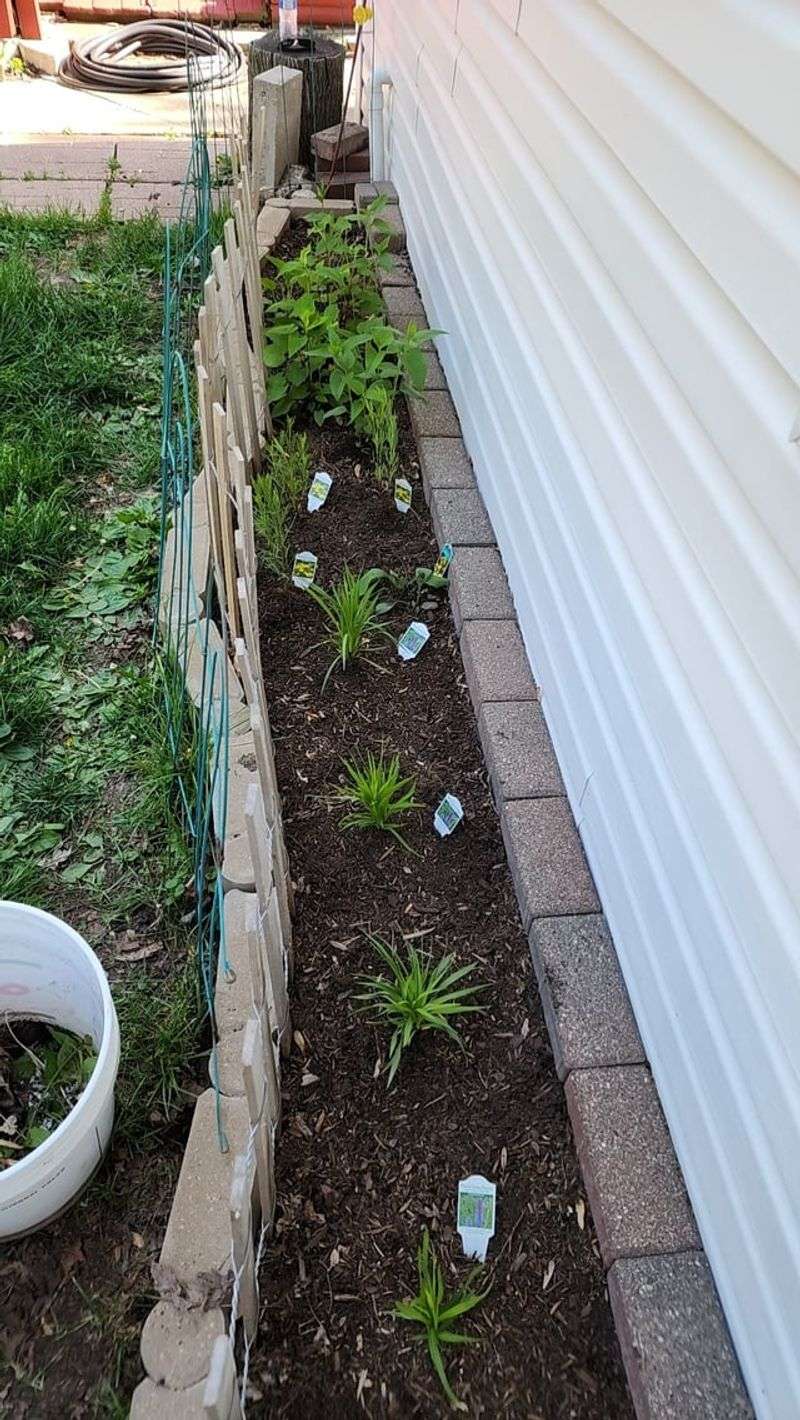
Fall migration puts stress on butterflies and bees seeking final nectar sources. Rain gardens featuring late-blooming native plants provide crucial feeding stations for these essential creatures.
Throughout Pennsylvania, pollinator populations thrive when gardens offer autumn blooming asters and goldenrod – perfect rain garden plants that support local ecosystem health.
4. Water Bill Reduction
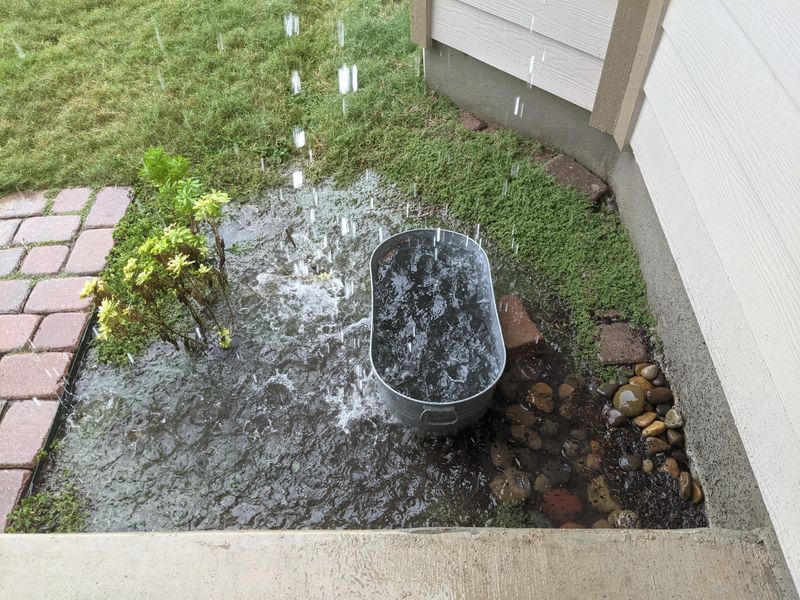
Capturing rainwater naturally reduces the need for irrigation. A well-designed rain garden in Pittsburgh can collect thousands of gallons annually, keeping plants hydrated through dry spells without turning on the tap.
Many Pennsylvania gardeners report noticeable decreases in water bills after installing these natural collection systems that make the most of autumn precipitation.
5. Reduced Maintenance
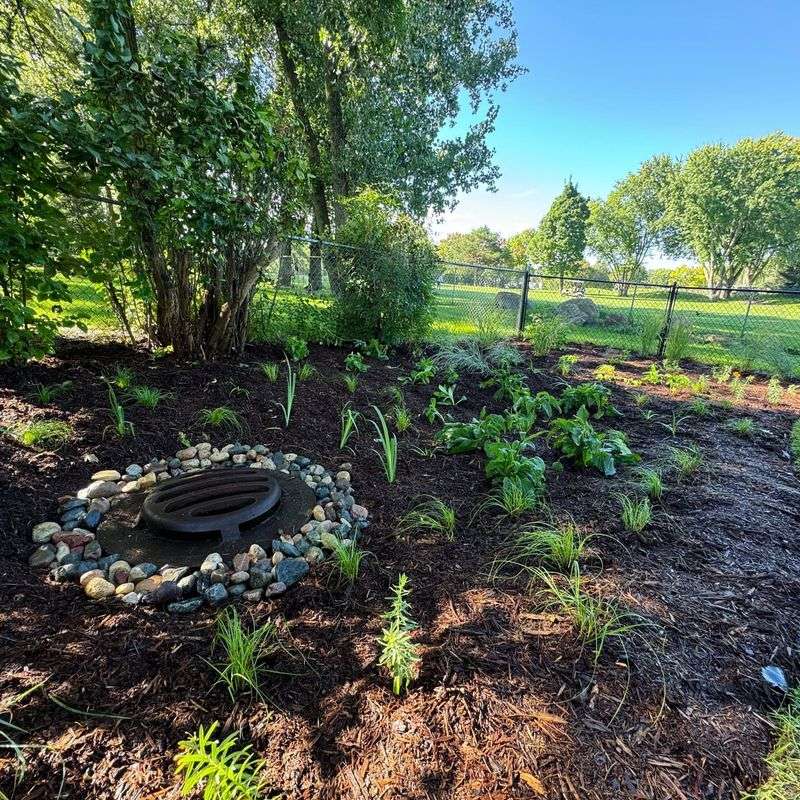
Fall’s dropping leaves mean extra yard work for most. Rain gardens planted with native species require significantly less maintenance than traditional gardens – no fertilizing, minimal weeding, and no watering once established.
Across Pittsburgh’s varied neighborhoods, homeowners save hours of garden maintenance with these low-fuss plantings that thrive with Pennsylvania’s natural rainfall patterns.
6. Wildlife Support
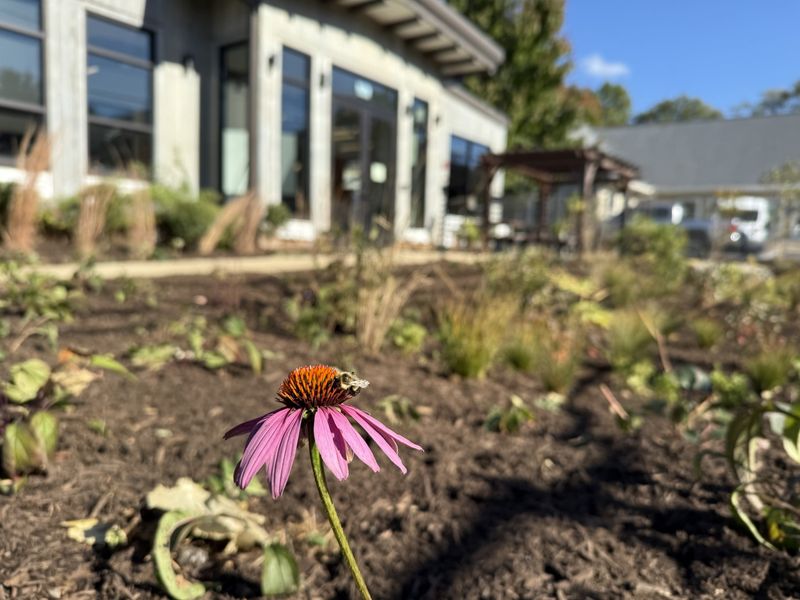
Animals preparing for winter need safe havens. Rain gardens create miniature ecosystems where birds find seeds, small mammals seek shelter, and beneficial insects overwinter in plant stems.
Throughout Pennsylvania’s cooling autumn months, these microhabitats become increasingly important for urban wildlife seeking resources before winter sets in.
7. Pollution Filtration
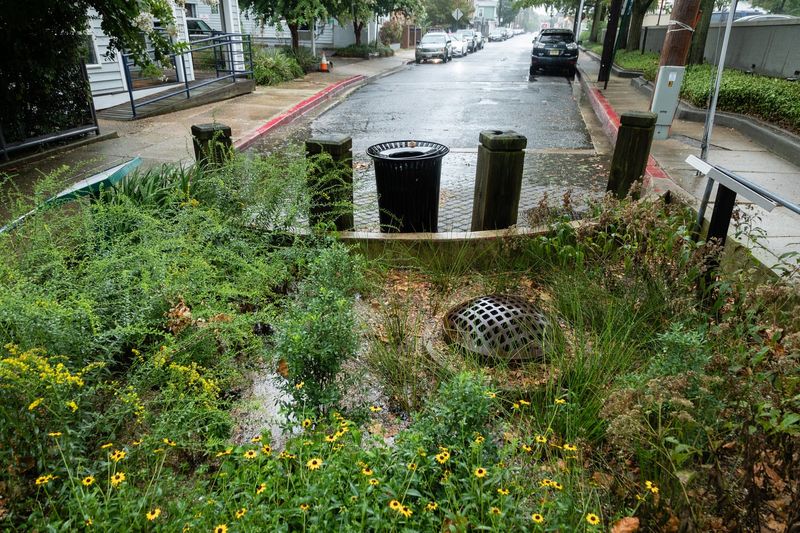
Runoff from Pittsburgh streets carries oils and chemicals that harm local waterways. Rain gardens naturally filter these pollutants through layers of soil and plant roots before water reaches rivers and streams.
Pennsylvania’s three rivers benefit tremendously when neighborhood rain gardens capture and clean stormwater that would otherwise carry urban contaminants directly into waterways.
8. Seasonal Interest
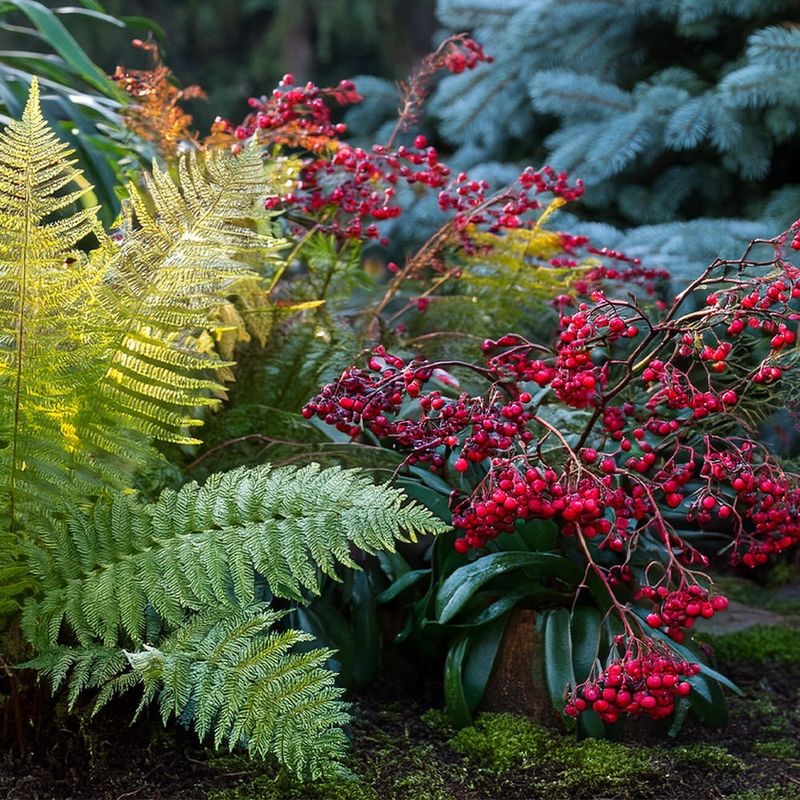
Fall gardens often lack visual appeal once summer blooms fade. Rain gardens designed with seasonal succession in mind offer stunning autumn displays with colorful seed heads, berries, and dramatic foliage.
Many Pittsburgh gardeners incorporate plants like switchgrass and chokeberry that reach their peak beauty precisely when the rest of the Pennsylvania landscape begins to fade.
9. Property Value Boost
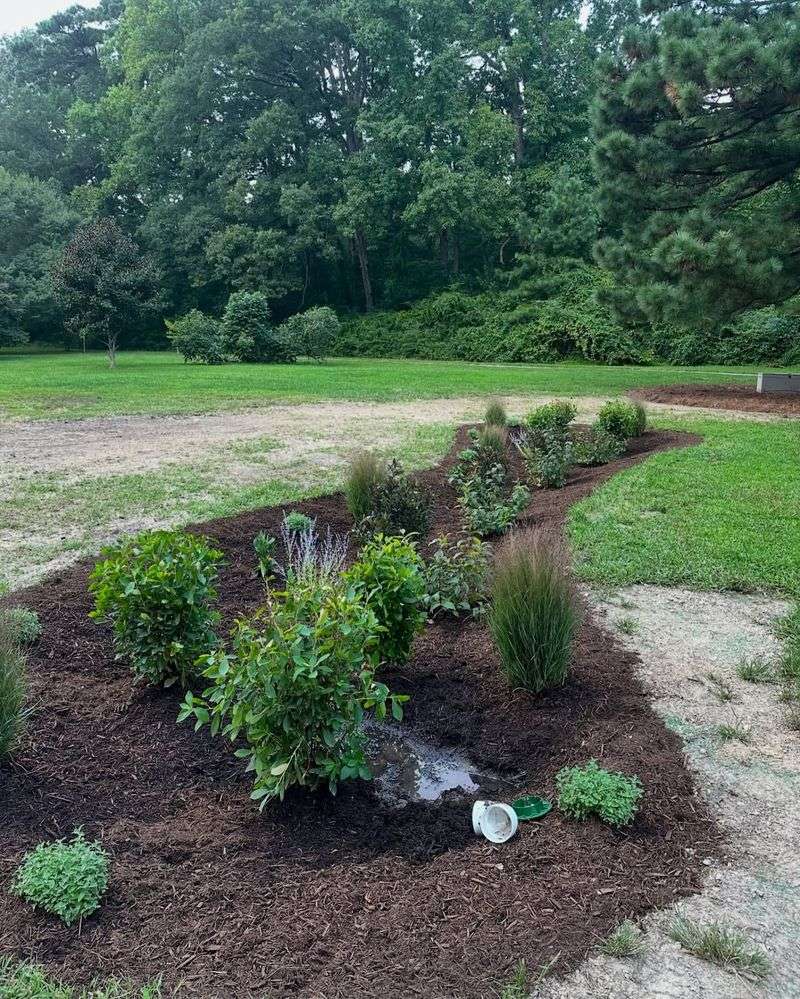
Thoughtfully designed landscape features increase home value. Pittsburgh realtors increasingly note that environmentally friendly additions like rain gardens attract eco-conscious buyers willing to pay premium prices.
Throughout Pennsylvania’s competitive housing market, properties featuring sustainable landscaping solutions can command 3-5% higher selling prices than comparable homes without these green features.
10. Climate Resilience
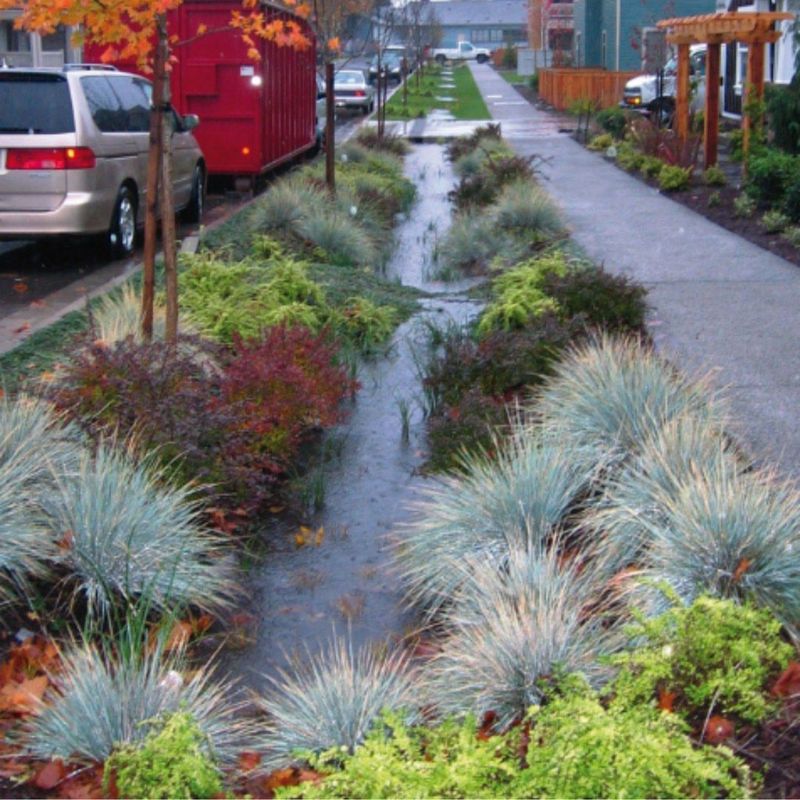
Pittsburgh’s changing climate brings more extreme weather events. Rain gardens act as buffers against both heavy downpours and dry spells, helping gardens stay resilient through unpredictable conditions.
Pennsylvania climate experts recommend these adaptive landscape features as practical responses to increasingly erratic weather patterns affecting the region’s gardens.
11. Native Plant Showcase
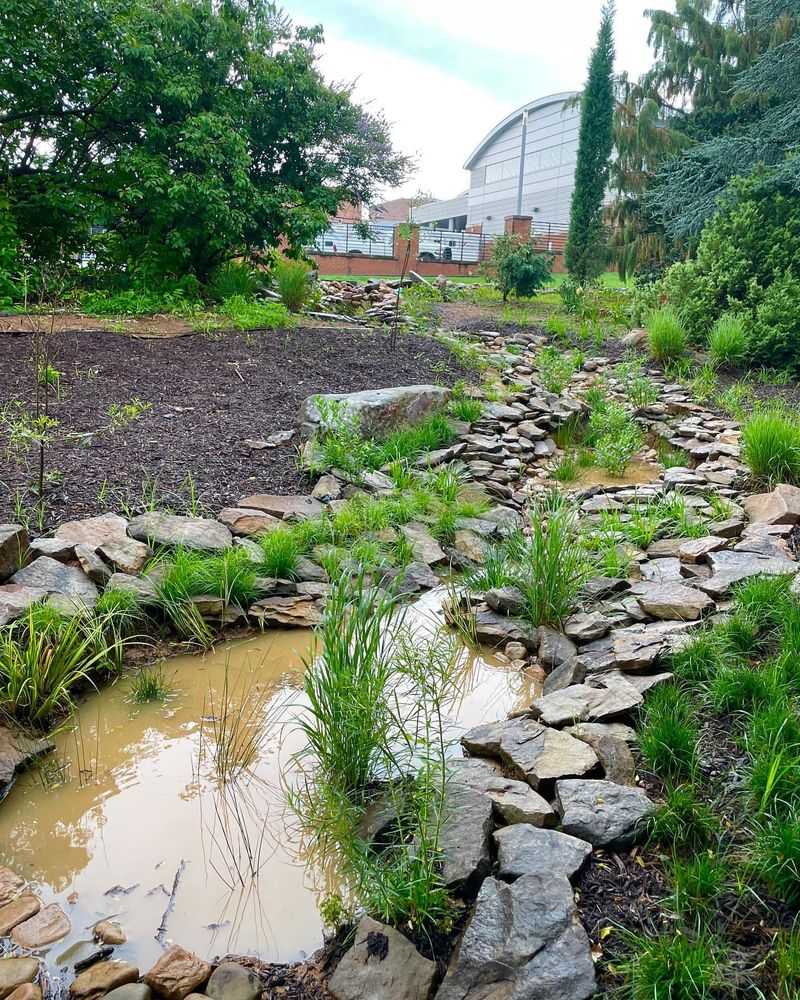
Pennsylvania’s indigenous plants often get overlooked in traditional gardens. Rain gardens provide perfect growing conditions for native species that evolved specifically for local soil and climate conditions.
Pittsburgh’s ecological heritage shines when gardens feature plants like Joe-Pye weed and cardinal flower that have thrived in this region for thousands of years before European settlement.
12. Community Connection
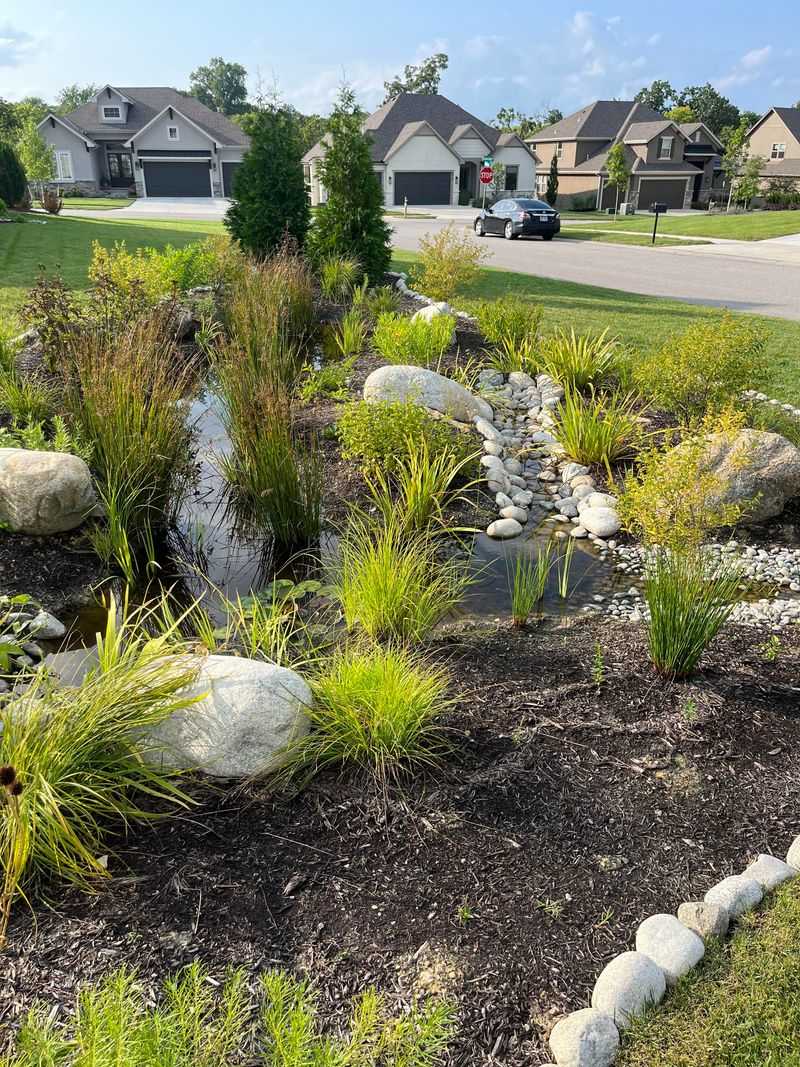
Neighborhood rain garden projects bring people together. Pittsburgh’s strong community spirit flourishes when residents collaborate on installations that benefit everyone by reducing flooding and beautifying streets.
Across Pennsylvania, rain garden workshops have become popular fall activities where neighbors share knowledge, plants, and the satisfaction of creating environmental solutions together.
13. Educational Opportunity
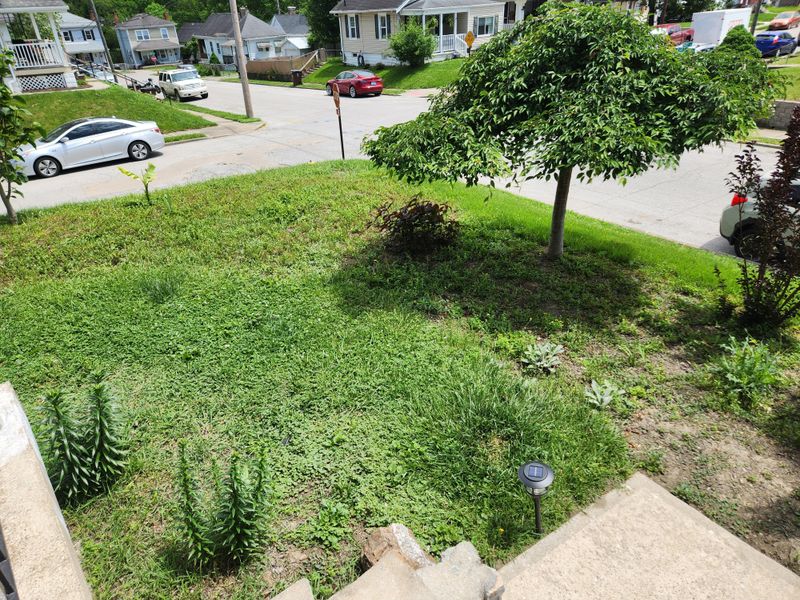
Children learn environmental principles through hands-on experience. Rain gardens in Pittsburgh schoolyards and homes provide living laboratories where kids observe water cycles, plant growth, and ecological relationships.
Pennsylvania educators increasingly incorporate these outdoor classrooms into science curriculum, using fall rain patterns to demonstrate real-world environmental concepts.
14. Grant Availability
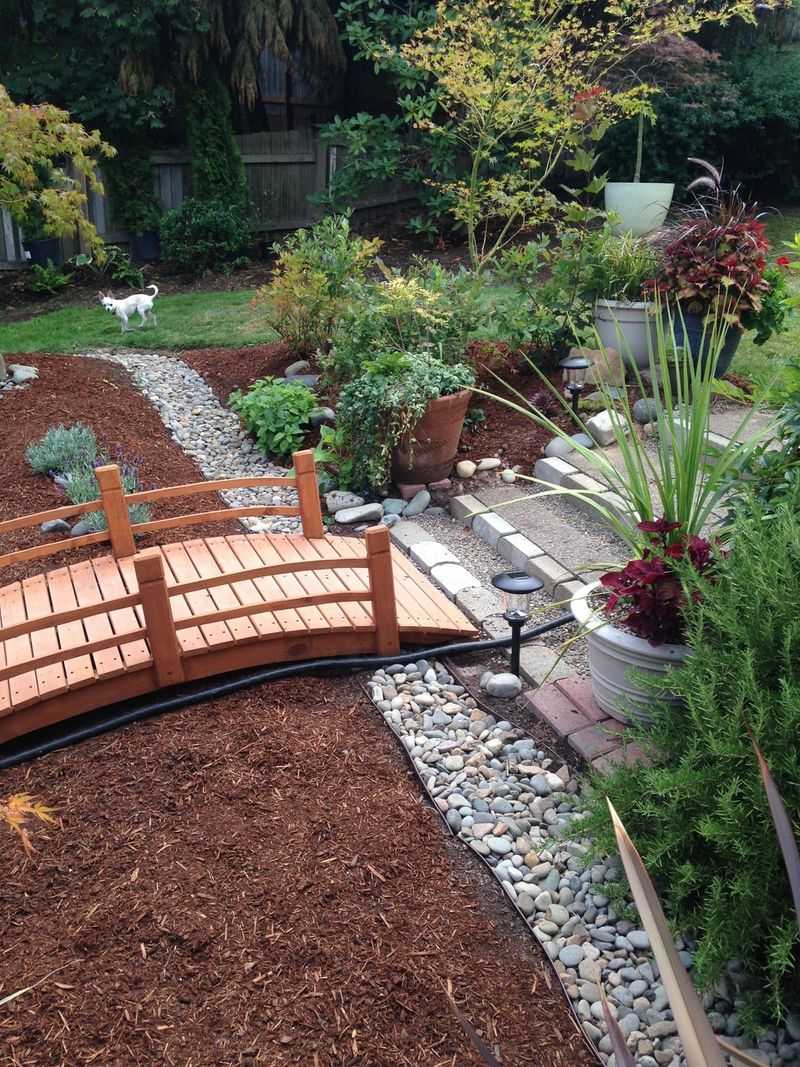
Fall is application season for environmental improvement funds. Pittsburgh and Pennsylvania conservation organizations offer financial incentives for installing rain gardens that help manage stormwater and protect watersheds.
Many local homeowners qualify for rebates covering up to 80% of installation costs when they commit to rain garden projects that benefit the region’s water quality goals.


